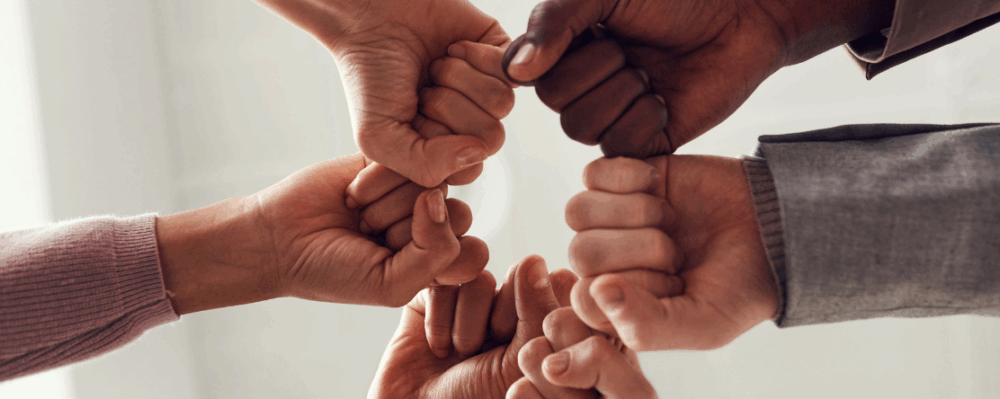
In the News
Girl-Centered Advocacy Could Protect 600 Million Girls from Violence
-
Focus Areas
Capacity Building & Leadership, Global Health, Women, Youth & Children -
Issues
Violence Prevention
At the end of May, 4,500 political leaders and practitioners from 149 countries convened in Malaysia at the Women Deliver conference, which highlighted adolescent girls as the key to advancing the post-2015 development agenda.
Policymakers attending Women Deliver stressed the need to invest in girl-centred advocacy to improve girls’ lives and achieve global development goals: “Girls need to be at the centre of the global development agenda. We need both stronger laws to protect girls, and greater political commitment to effective implementation,” said the Canadian MP Rathika Sitsabaiesan.
Beyond political will, research presented at Women Deliver highlighted the importance of girl-centered advocacy to improve laws, policies, funding and programmes for adolescent girls. The Adolescent Girls’ Advocacy & Leadership Initiative (Agali) of the Public Health Institute presented results from the programme’s girl-centred advocacy model that improves girls’ health, education, livelihoods, and rights in Africa and Latin America. With support from the United Nations Foundation, Agali has created a global movement of leaders advocating with and for girls – empowering girls to become leaders, mobilise their peers, and transform their communities.
Through Agali’s model, girls strengthen their leadership capacity, conduct participatory needs assessments, and identify the factors that negatively affect their well-being, including harmful traditional practices, social norms, and weak policy frameworks. Girls then work with adult allies to advocate for their own solutions to the challenges they face, using community dialogue, media advocacy, and direct engagement with political decision-makers to transform their own lives and communities.
Results have shown that the model has enabled girls to become community leaders and successfully advocate for passage and implementation of girl-friendly laws and policies. “Agali’s girl-centred advocacy model has transformed the lives of millions of girls through new laws, improved policy implementation, and increased funding,” said Kathy Calvin, the president and CEO of the UN Foundation.
Agali’s model has generated important lessons that can be integrated into youth programmes, advocacy strategies, and broader development initiatives, including engaging adolescent girls in the democratic process as actors rather than beneficiaries, ensuring that local and national policy frameworks are responsive to girls’ specific needs.
Originally published by The Guardian
More Updates
Work With Us
You change the world. We do the rest. Explore fiscal sponsorship at PHI.
Support Us
Together, we can accelerate our response to public health’s most critical issues.
Find Employment
Begin your career at the Public Health Institute.


